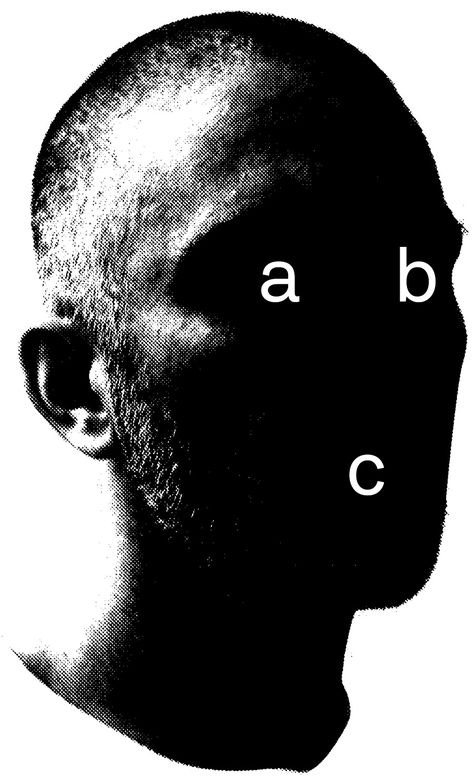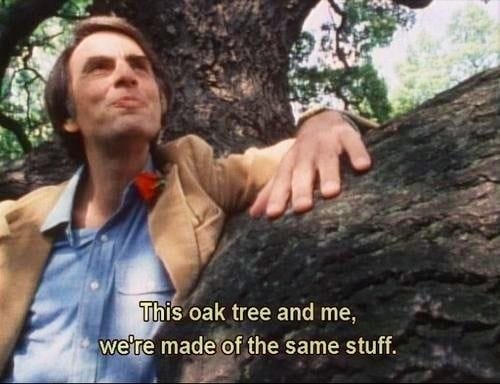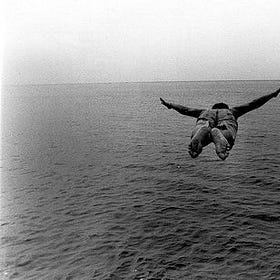In the onward tumbling of our lives; in the rising of the sun and the rushing around before it sets, in the search for meaning, connection, sustenance and relief, in the quiet moments where we uncover our dreams and reveal our deepest fears, an inconspicuous tremor threatens to pulverise our ability to enjoy it all— to simply be in our life.
This force, this undercurrent of distracted anxiety, can be a thief of our finest moments, glossing our eyes, fogging our brains, biting tooth to nail, craning our necks over white-lit screens, all the while poaching precious moments with family and friends.
Can you imagine a life untethered by the errors of your past and unchained from the expectations of your future? One which takes each moment as a new day, a new life, which counts this very second as the highest form of currency. A life as such may seem impossible, unimaginable, yet the answer to its truth is simpler than you think.
“The changes of the day and night, of the seasons, of flowers and fruits, and all other recurring pleasures that come to us, that we may and should enjoy them— these are the mainsprings of our earthly life.
The more open we are to these enjoyments, the happier we are; but if these changing phenomena unfold themselves and we take no interest in them, if we are insensible to such fair solicitations, then comes on the sorest evil, the heaviest disease— we regard life as a loathsome burden.”
— Goethe in ‘Poetry and Life’, as referenced in ‘Dangling Man’ by Saul Bellow.
In the whirring spell which bewitches us city dwellers, the ‘changes of the day and night’ are harder to deduce. Light pollution blocks our view of the starry heavens, sophisticated food services allow access to world fruits during almost every time of the year, and the weather is nothing but another potential inconvenience for us going about our important business. Even if one makes a concerted effort to be in touch with nature at some crook between a broken road and apartment block, it is alien to the necessary connection one develops living in the countryside or rural outback.
Accustom to getting what we want, we can learn to reject even the seasons, the passage of time which grows the world, with the unspoken belief that deems it noble to control our own development, a twisted life.
There is something inherently backwards about rejecting the world for what it provides, like giving the world the cold shoulder. Living too long with such frowning rebuff makes us conducive to Weltschmerz, a concept described as “world-pain;” referring to a burden of melancholy and pessimism carried by those who believe reality, with all its imperfections, can never satisfy the ideals of the mind. In many ways, it becomes a self-fulfilling prophecy; when suffering fills your awareness, it opens the door to more of the same. Goethe gives us the answer in his statement when he says, ‘The more open we are to these [changes of the season], the happier we are” It is that which we choose to fill our mental cavity with which reflects our view of life. In such a sense, if we change our awareness, we change life itself.
My own awareness this past week was caught up in a whirlpool of intensity in what turned out to be one of the most demanding work weeks of this year. It required an immense level of concentration, focus and productivity that bled into the late hours of the night and resumed in the early hours of the morning. I worked so much and so intensely, that stopping for food or exercise was a time commitment which I simply could not afford. In such cases, it’s easy to live with a kind of anxious distraction, and if for whatever reason I didn’t achieve what I set out to achieve, could easily twist itself in a kind of Weltschmerz; reality couldn’t satisfy my needs. Shellshocked by the intensity, I became acutely aware that I needed distance from the grindstone, that I needed to see myself in the season I was in, rather than to continue running from one such thing to another.
Two moments this week caused a kind of whispered epiphany for me, a newfound presence which expanded my awareness. Such moments, I find, are delicate, because they can easily be missed as just another task crossed off the list between coming and going.
Fleeing for a moment from my desk, I ran my usual route through Southwark Park like an escaped convict, anticipating at any moment the siren of a sudden client call or aggravated email, when suddenly I noticed the honey-coloured leaves that dwindled to the ground around me, a wrinkle in summers final hoorah. A moment of pause fell over me then, in the mishmash of forced breathing between deadline and commitment, a realisation of a new season, fresher air and darkened evenings. A light joy for the coming of autumn, one of my favourite seasons, and an observation of the effect that the pause had on my disposition.
On a darkened evening, I sat after a long day rushing here and there, stress gnawing at my temples in the form of looming deadlines and demands, on a wall next to the canal, utterly quiet, fluid, watching the reeds as they swayed in the wind. There was, I discovered, great wisdom in the gentle shake of the grass sprouts that rattled in the night, a lesson that shows rather than tells, and one which brings to mind the idea that movement is a language of complexity.
These moments, fleeting, delicate and easily unnoticed, are a kind of pitstop to an existence lived in fifth gear, a reminder that life is not the sum of what we accomplish but rather, how we experience it. The subtle rhythms of nature visible in the crisping leaves and the sways of the reeds in the breeze, all speak to a deeper truth. Life unfolds not in grand events or productivity but in the quiet stillness between.
If, as Goethe suggests, we open ourselves to the subtle shifts around us, we can move from Weltschmerz to quiet acceptance, where joy isn’t something we chase but something we receive. So as the days shorten and the leaves turn gold, take a moment to pause— I mean really, pause.
Notice the shift in the air and the change in the light. Step out of the car of life which tumbles onwards as it always does, and be in the now. Perhaps, in doing so, you’ll find that presence isn’t so elusive after all, instead, it’s an invitation hidden in plain sight, waiting to be accepted.
— IL
If you enjoyed this post, click the ❤️ below or leave a comment.
If you enjoy the work I provide and want to support me further, you can make a one-time donation here, at Buy Me A Coffee. If you can. <3
To make my day, share this post with a friend.
Lastly, if you enjoyed these nuggets of introspective philosophy you may also enjoy these posts :
The Problem With Perfection.
The quest for perfection appears at face value a noble endeavour. Don’t be deceived. With time and experience, it unmasks itself as nothing more than a hampering hindrance. Perfectionism is a misunderstood force in th…
The Happiness Of Pursuit.
Despite the victory we strive for in public, the validation we long for from our peers, loved ones, and adversaries, there remains another conquest which slips through our fingers and obscures itself in the shadows. This form of triumph is shared only with the inner spirit—a witness of one—and displays no physical …
The Power of Self-Reliance.
“Anyone whose goal is 'something higher' must expect someday to suffer vertigo. What is vertigo? Fear of falling? No, Vertigo is something other than fear of falling. It is the voice of the emptiness below us which tempts and lures us, it is the desire to fall, against which, terrified, we defend ourselves.”










I've gotten round to reading this late, but as so often happens it came just at the right time. I took a break from my ADHD medication today and i forgot how much slower (and calmer) life is without the stimulants. Thanks for writing this Ilan 🙏🏿❤️
A valuable read, written in blue by a deep-thinking author!
You open topics and sub-topics for reflection, little niches, where we can think deeply about the pictures you have drawn through words. Words, that push you inward and any attempt to slide along the surface is wrong. I love your approach, your courage to look at things from your angle - to let your inner world prevail over the outer, telling the outer as it is reflected inside. To me, this is the courage of a writer - to trust his talent and try to master it, guide it and model it. A writer, who learns the vocation on the move and skillfully combines his unique real-world experience with solitude from where the enrichment and expansion come. And thus, the creativity acquires its appearance, its meaning.
This is another magnificent, inspirational message from which the words, like magic spells, float into reality and change it... with presence in which "the subtle rhythms of nature visible in the crisping leaves and the sways of the reeds in the breeze, all speak to a deeper truth..." Thank you, Ilan! 🙂